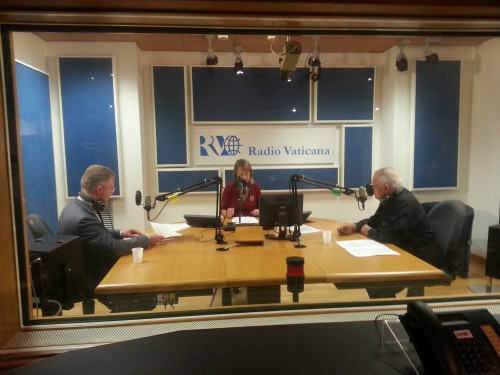
I was delighted this week to be able to have taken part in a podcast interview at Vatican Radio, organised by Caritas Internationalis, on child migrants. The occasion was the 25th anniversary of the UN Convention on the Rights of the Child (UNCRC), an important international Convention that the United Kingdom signed in 1990 and ratified in 1991, committing us to incorporate its provisions in our legislation.
The discussion was sobering. There are huge numbers of children, sometimes unaccompanied, amongst the many millions of people on the move in the world today in search of a better life. What emerged from the debate was the need for immigration legislation and practice to ensure a ‘preferential option’ for the child and the family.
This is what the United Kingdom seeks to achieve. In 2012, we incorporated the key principle of “consideration of the best interests of children” into the Immigration Rules to ensure we consistently meet our obligations when considering family cases. The UK immigration system works to keep families together unless they make their own decision to separate. We always regard children as being dependants within a family unit, and make sure that unaccompanied children are taken into the care of local authorities and receive the same support as all looked-after children. The UK’s Children Act sets out the responsibilities of local authorities. What is essential is the provision of a safe environment.
Migration, the leaving of home, is always a trauma. For children it is doubly so. The work that Catholic organisations like Caritas are doing, alongside religious congregations and other NGOs, to help those children who have undergone the experience, is necessary and vital. The UNCRC is a key element in the response of governments, and the United Kingdom is proud of its role in implementing its provisions, 25 years on.
